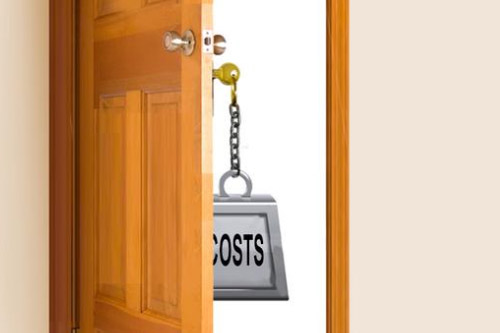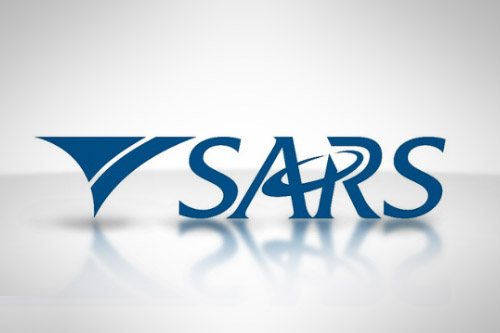This article first appeared in the 2nd quarter 2018 edition of Personal Finance magazine.
All income from property investments, including rental income, must be declared to the South African Revenue Service (SARS) and is subject to income tax. In preparation for tax season, you can begin gathering all the supporting documents that are needed to submit your tax return. The first important point to note when reviewing the income-tax implications of residential properties is the difference between a primary residence and a buy-to-let residential property.
A primary residence is occupied by the owner of the property, and because it does not generate taxable income for the owner, the costs incurred in relation to the property cannot be deducted for income tax purposes.
Rental properties are leased by a tenant, and the owner of the property (the lessor – which could be an individual, company or trust) receives a monthly rental income in return. All the costs incurred in generating the rental income can be deducted when calculating taxable income.
Apart from the long-term rental of an investment property, income-generating residential accommodation includes holiday homes that are let out to guests, bed-and-breakfast establishments, guesthouses, and a room of your house or granny flat that is sub-let.
Craig Hutchison, the chief execuitive of Engel & Völkers Southern Africa, says: “An important factor with owning an investment property is that all expenses are deductible from the rental income, before tax is calculated. These costs typically include property management fees, municipal rates, levies charged by body corporates, repairs and maintenance, insurance premiums and municipal service costs that are paid by the property owner. Proper accounting records therefore need to be kept in order to provide SARS with supporting documents for the deductions claimed, if required to do so.”
The rental income should be added to any other taxable income you may have received. Any amount paid to you in addition to the monthly rental is also subject to income tax.
A refundable deposit paid by a tenant is not taxable provided it is kept separately in a trust account and is not used by you. If it is forfeited by the tenant, then it is taxable.
Which expenses are deductible?
Only expenses incurred in the production of rental income can be claimed as a deduction. Capital and private expenses are not allowed as a deduction.
Expenses that may be deducted include:
- Rates and taxes;
- Interest on the bond;
- Advertisements;
- Estate agents’ fees;
- Insurance premiums (only homeowners, not household contents);
- Garden services;
- Repairs and maintenance of the property; and
Security and property levies.
Which expenses are not allowed?
According to Alvin van Staden, a director at The Consulting Services Hub, maintenance and repairs should be noted as specific costs, and these should not be confused with improvement costs. The latter is a capital expense that would be included in the base cost of the property, to effectively reduce the capital gain (or loss) on the disposal of the property, for capital gains tax purposes.
When it comes to VAT expense claims, residential accommodation is exempt for VAT purposes, so you can’t deduct the VAT incurred on the expenses. However, if the dwelling supplies commercial accommodation (such as a hotel, B&B or lodge), the owner will be entitled to a VAT expense claim in terms of specific rules in the VAT Act, if the owner is a registered VAT vendor.
What if the expenses exceed the rental income?
Should the expenses exceed the rental income, you should be able to offset the loss against other income earned by you, provided that losses are not “ring-fenced” in terms of prevailing anti-avoidance provisions. You must effectively be able to satisfy SARS that you are carrying on a bona fide trade through the rental of your property.
Can you qualify for specific allowances?
Tertius Troost, a tax consultant at Mazars South Africa, says that in certain circumstances you can qualify for specific allowances when letting out a property, which you may deduct from the rental income:
- Urban Development Zone (UDZ) allowance. If the property is located in a UDZ, you will be able to claim certain allowances. These allowances are dependent on the nature of the building. You will need to obtain a certificate from the developer or municipality stating that the property is in a UDZ.
- Section 13sex allowance. Under this section of the Income Tax Act, if you own at least five new and unused residential properties situated in South Africa, you will be allowed to claim an annual allowance of five percent of the purchase price as a deduction, as long as you are letting out the properties. This allowance is recouped by SARS when you sell such a property.
Keep records
Investing in property can be financially rewarding. But without correct information on which taxes are payable and how much, you could find that your purchase landing you in trouble with the Receiver of Revenue and knee-deep in debt. And if caught evading tax, you could face a hefty penalty or imprisonment.
Here is a checklist of documents to be kept on file for tax season (for an entire year or part thereof where applicable):
- Monthly rates and taxes statements;
- Monthly home loan statements from the bank;
- Levy statements;
- Homeowners insurance schedule;
- Any utility bills for services included in the rental;
- Advertising and agency invoices;
- Slips and invoices for any repairs and maintenance done; and
Garden services or any other services necessary to make the home rentable.





